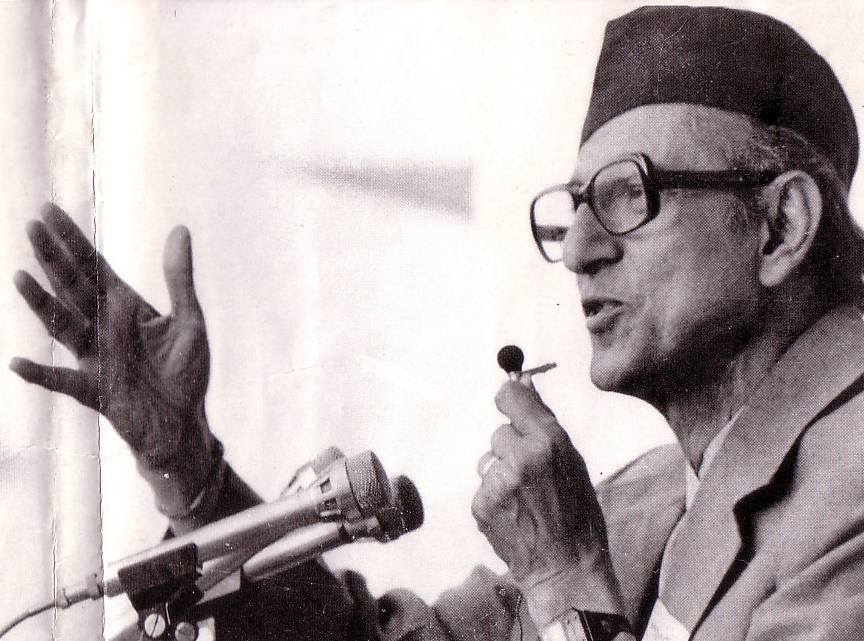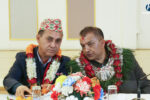KATHMANDU: The 111th birth anniversary of BP Koirala, Nepal’s first elected Prime Minister, is being marked with a range of events across the country today.
Born on Bhadra 24, 1971 BS, Koirala was a key figure in ending the autocratic Rana regime and played a significant role in establishing democracy in Nepal in 2007 BS.
During his exile in India, Koirala actively participated in the Indian freedom struggle, believing that India’s independence would facilitate the introduction of democracy in Nepal.
Following the successful 2007 revolution, he served as the home minister in the Rana-Congress government under Mohan Shumsher.
Koirala became Nepal’s first elected Prime Minister after the Congress party won a two-thirds majority in the 2015 general elections.
His tenure was marked by the abolition of the land tenure system and the implementation of progressive land reforms, advocating that land should belong to those who work it.
However, on Poush 1, 2017 BS, Koirala’s government was overthrown by the then King, resulting in his imprisonment.
He was later released in 2025 for medical treatment and spent eight years in exile in India before returning to Nepal on 16 Poush 2033 BS.
His return was accompanied by a policy of national unity and reconciliation, which led to a referendum three years later.
Although the democrats lost amidst allegations of fraud, Koirala accepted the referendum results. He passed away on Shrawan 6, 2039 BS due to throat cancer.
In addition to his political achievements, BP Koirala is celebrated for his contributions to Nepali literature, with over 18 works to his name, including the popular novels ‘Tin Ghumti’, ‘Modi Ain’, ‘Hitler and Jew’, and ‘Sumnima’, as well as story collections like ‘Shwet Bhairavi’ and ‘Doshi Chashma’.
The Sundarijal Prison, where Koirala and other leaders of the first elected government were detained, now serves as the BP Museum. This museum houses various exhibits reflecting the life and contributions of the late leader.Top of Form









Comment